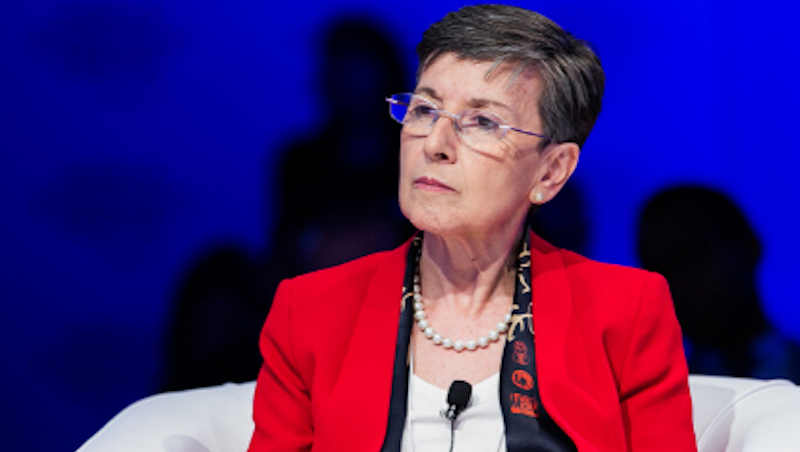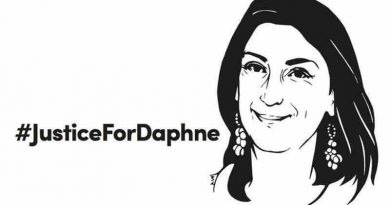Global Survey Reveals the Rise in Political Corruption

More than two-thirds of countries – along with many of the world’s most advanced economies – are stagnating or showing signs of backsliding in their anti-corruption efforts, according to the 2019 Corruption Perceptions Index (CPI) released on January 23 by Transparency International.
The Corruption Perceptions Index ranks 180 countries and territories by their perceived levels of public sector corruption, according to experts and business people. This year’s analysis shows corruption is more pervasive in countries where big money can flow freely into electoral campaigns and where governments listen only to the voices of wealthy or well-connected individuals.
Countries in which elections and political party financing are open to undue influence from vested interests are less able to combat corruption, analysis of the results finds.
[ Download and Read: The Integrity Bulletin Covers Global Corruption Issues ]
“Frustration with government corruption and lack of trust in institutions speaks to a need for greater political integrity,” said Delia Ferreira Rubio, Chair of Transparency International. “Governments must urgently address the corrupting role of big money in political party financing and the undue influence it exerts on our political systems.”
The CPI ranks 180 countries and territories by their perceived levels of public sector corruption, drawing on 13 expert assessments and surveys of business executives. It uses a scale of zero (highly corrupt) to 100 (very clean).
More than two-thirds of countries score below 50, with an average score of only 43. Since 2012, only 22 countries have significantly improved their scores, including Estonia, Greece, and Guyana. Twenty-one have significantly declined, including Australia, Canada, and Nicaragua.
[ Support New Research Project on Corruption in India ]
The research shows several of the most advanced economies cannot afford to be complacent if they are to keep up their anti-corruption momentum. Four G7 countries score lower than last year: Canada (-4), France (-3), the UK (-3), and the US (-2). Germany and Japan have seen no improvement, while Italy gained one point.
Analysis shows that countries that perform well on the CPI also have stronger enforcement of campaign finance regulations and broader range of political consultation.
Countries where campaign finance regulations are comprehensive and systematically enforced have an average score of 70 on the CPI, whereas countries where such regulations either don’t exist or are poorly enforced score an average of just 34 and 35 respectively.
[ Report Corruption in Delhi Housing Societies to Clean House ]
Sixty per cent of the countries that significantly improved their CPI scores since 2012 also strengthened regulations around campaign donations.
“The lack of real progress against corruption in most countries is disappointing and has profound negative effects on citizens around the world,” said Patricia Moreira, Managing Director of Transparency International. “To have any chance of ending corruption and improving peoples’ lives, we must tackle the relationship between politics and big money. All citizens must be represented in decision making.”
Countries with broader and more open consultation processes score an average of 61 on the CPI. By contrast, where there is little to no consultation, the average score is just 32. A vast majority of countries that significantly decreased their CPI scores since 2012 do not engage the most relevant political, social, and business actors in political decision-making.
To reduce corruption and restore trust in politics, Transparency International recommends that governments should:
Reinforce checks and balances and promote separation of powers.
Tackle preferential treatment to ensure budgets and public services aren’t driven by personal connections or biased towards special interests;
Control political financing to prevent excessive money and influence in politics;
Manage conflicts of interest and address “revolving doors”;
Regulate lobbying activities by promoting open and meaningful access to decision-making;
Strengthen electoral integrity and prevent and sanction misinformation campaigns;
Empower citizens and protect activists, whistleblowers, and journalists;
Transparency International’s 2019 Corruption Perceptions Index reports incorporates data from Varieties of Democracy Project (V-Dem).
Since its inception in 1995, the Corruption Perceptions Index has been reporting about public sector corruption. In 2012, Transparency International revised the methodology used to construct the index to allow for comparison of scores from one year to the next.






